Suite of illuminated initials
Album comprising 30 richly decorated, hand-painted plates with imagined 14th-15th century illuminated initials.
France (?) ca. 1820-1840. Oblong small folio (16.5 x 20.4 cm). "Title" or frontispiece illustration with floral border; 29 illustrations of initials (height ca. 15 cm, various widths), in watercolour and gouache, gilded, and some partly with gold foil; all on wove paper. Full red morocco. Spine with four raised gilt-stippled bands; compartments with gilt lines and gilt vignettes; boards with gilt-rolled floral borders; blind-tooled rectangular frame with gilt arabesque corner-pieces, central gilt frame of four connected, involute gilt lines around a gilt eagle. Gilt floral dentelles. Iridescent red and white silk endpapers. All edges gilt.
A unique and wonderful, complete album. The first illustration shows a woman holding two blazons in silver and blue, and red, the following 29 plates contain an initial letter in medieval style, all splendidly executed in watercolour, gouache, and profusely added gilt. These initials do not seem to be straight copies of 14th- to 15th-century specimens, but, rather, entirely original designs, only using, sometimes paraphrasing, the ornaments and style of those initial found in in medieval books of hours. As such they belong to a retrospective fashion among mid-18th- to mid-19th-century bibliophiles, analogous to the revival of classic Greek and Roman art during the Renaissance. The most famous examples of this trend are illuminations made for the collection of the Italian bibliophile Angelo d'Elci (1751-1824) (see A. Dillon Bussi, Le Aldine Miniate delle Biblioteca Medicea Laurenziana, in: Aldus Manutius and Renaissance Culture, pp. 201-205. One illustration, however, contains a coat of arms seemingly belonging to the town of Landrethun-le-Nord (Old Flemish name Landerten) in the French departement Pas-de-Calais, or the De Rascas family of Languedoc and Provence (southern France): both shields show a narrow azure field with a lone star above a broader or (yellow) field with a red cross, but the resemblance to the latter is much stronger: both have an eight-pointed star (five in the Landrethun shield), and the cross has a pointed edge at the foot (all cross ends identical, bifurcated, in the Landrethun shield). The artist of this suite seems to have a preference for the letter D. The sequence of letters appears to be H, A, B, B, C, C, D, D, D, E, G, G, H, I, I, I, L, M, O, O, D, P, P, Q, R, S, and three that look like an inverted D. The last two being not as refined as the others, and perhaps subsequent imitations. This needs more research. Slight wear to board edges, corners, and spine ends, and some staining. Interior, however, clean and fresh; the colouration bright.
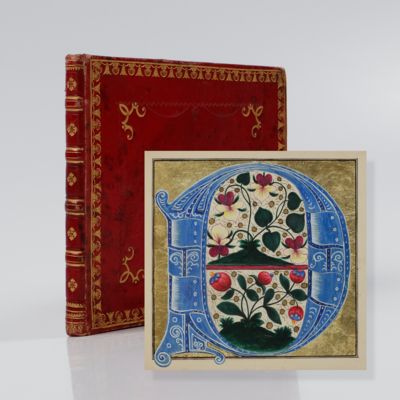
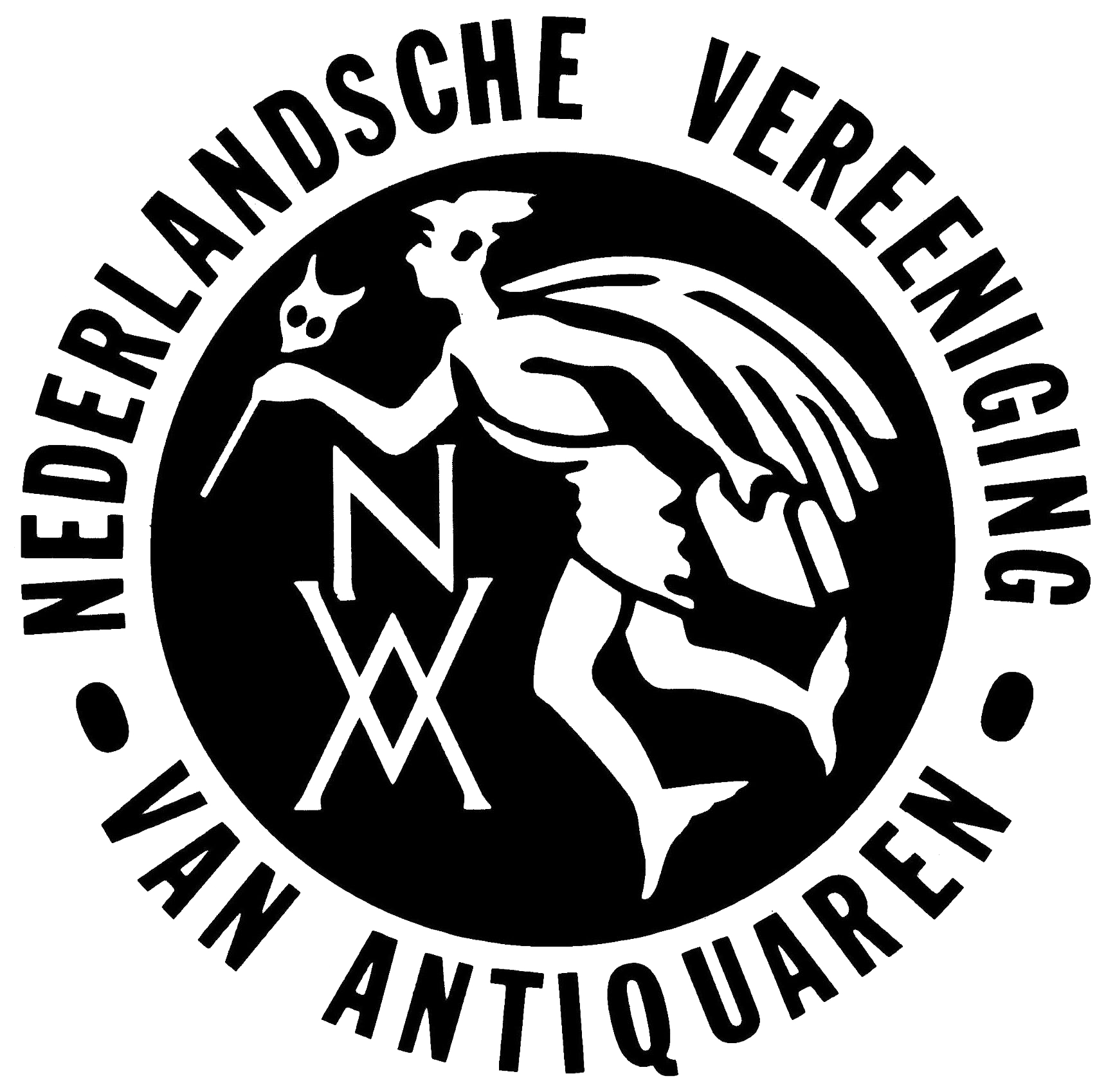
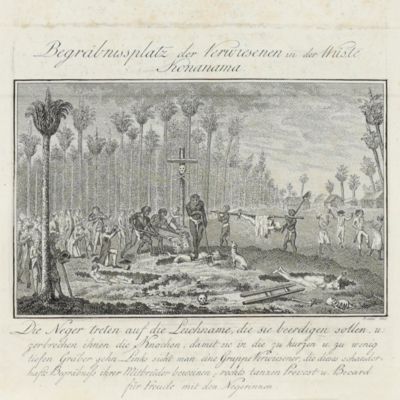
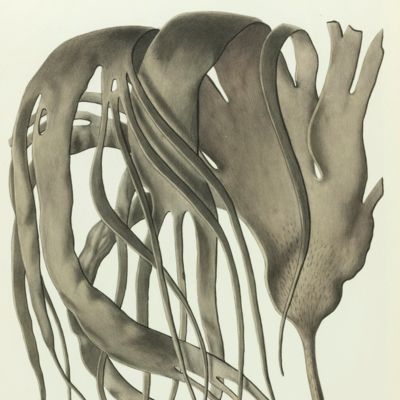
![image for Das Thier in der decorativen Kunst. I. Serie. Die Wasserthiere [AND] II. Serie. Vögel. [Complete]. Together with two amazing original watercolours (of plates 21 and 25) drawn by the artist himself.](https://schierenberg.nl/media/cache/product_thumb/67744/67744_x.jpg)
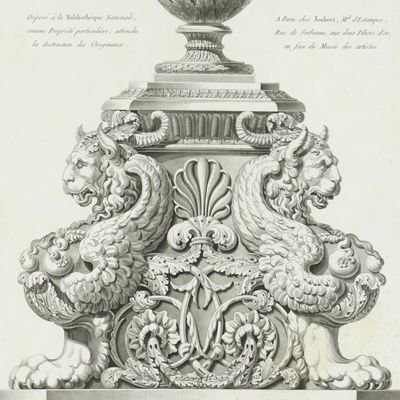
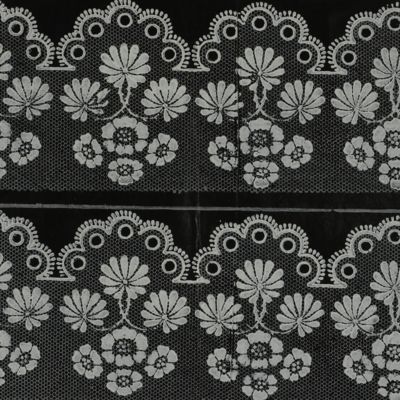
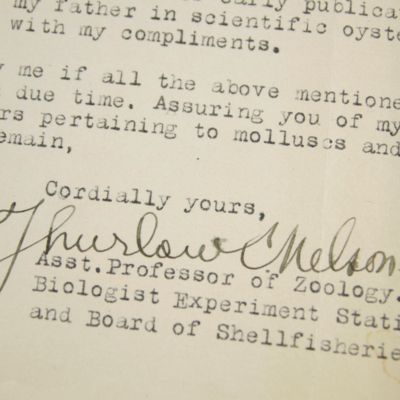
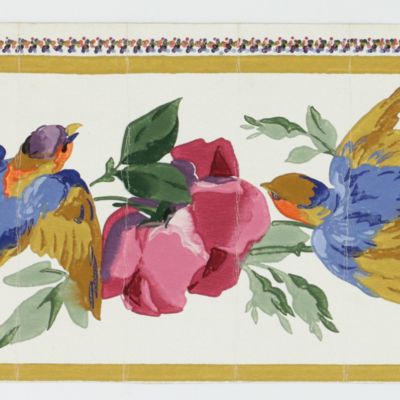
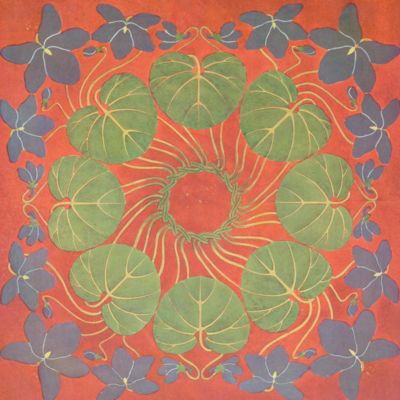
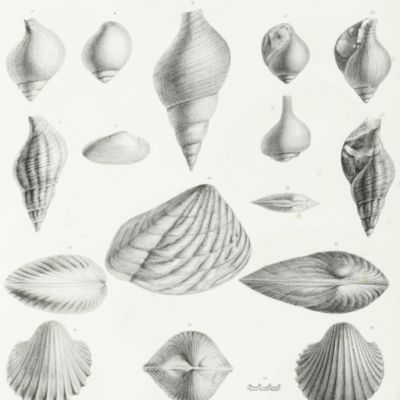
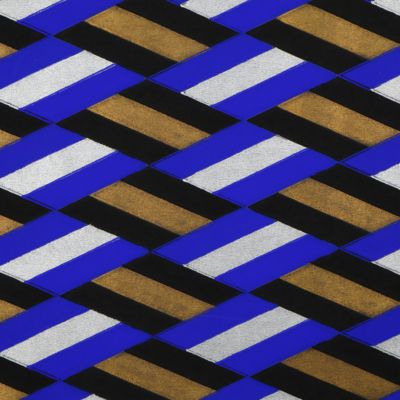
![image for Storia naturale degli uccelli trattata con metodo e adornata di figure intagliate in rame e miniate al naturale. Ornithologia methodice digesta atque iconibus aeneis ad vivum illuminatis ornate. [Two counterproofs in original water colouring, of Plate 37, <em>Falco albanella torquata</em>, and of Plate 48, <em>Falco vulga barletto</em>.]](https://schierenberg.nl/media/cache/product_thumb/75813/75813_x.jpg)
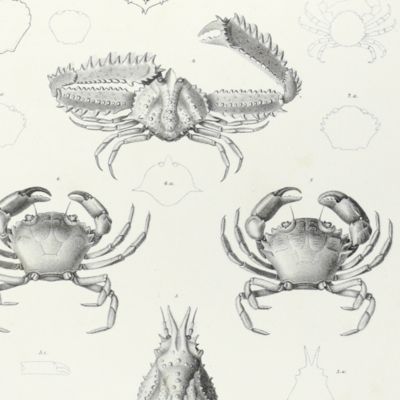
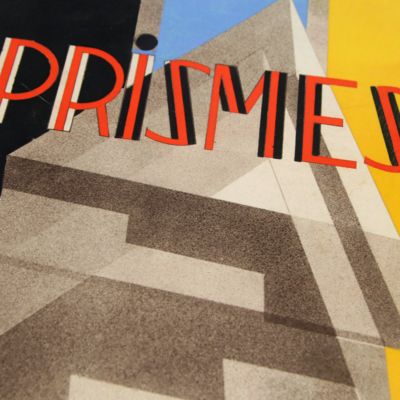
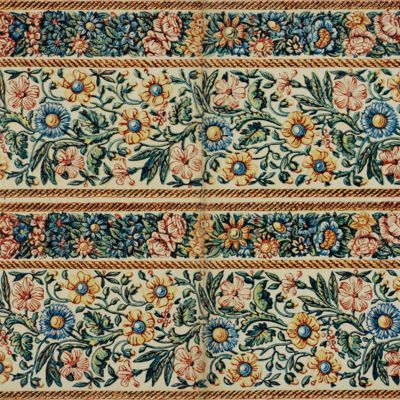
![image for [Jugendstil gouache] "Roter mohn" [Poppy].](https://schierenberg.nl/media/cache/product_thumb/72461/72461_x.jpg)
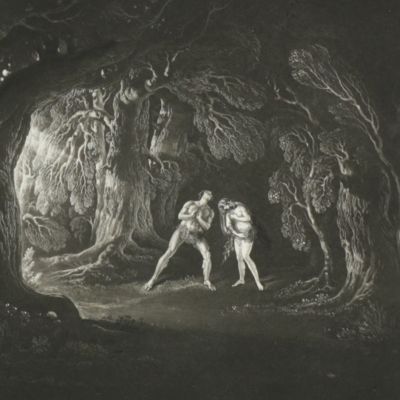
![image for Études d'animaux. Tome premier - Tome second. [Complete].](https://schierenberg.nl/media/cache/product_thumb/77216/77216_x.jpg)
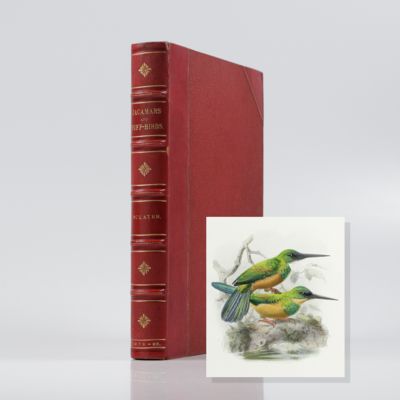
![image for Alphabet Pittoresque [Hidden letters in architectural views: the letter P].](https://schierenberg.nl/media/cache/product_thumb/78445/78445_x.jpg)
![image for De eerste vijf der AGS 1918-1923. [AND] De tweede vijf der AGS 1918-1928.](https://schierenberg.nl/media/cache/product_thumb/72421/72421.jpg)
![image for Senshoku Taikan Ori no bu san [Great encyclopedia of dyeing and weaving].](https://schierenberg.nl/media/cache/product_thumb/71496/71496_x.jpg)
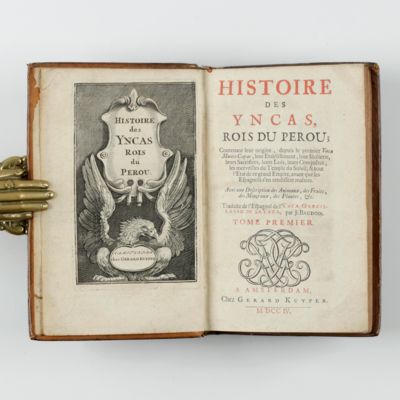
![image for Original Art Deco design for wallpaper and/or textiles. [Roses].](https://schierenberg.nl/media/cache/product_thumb/78426/78426_x.jpg)


